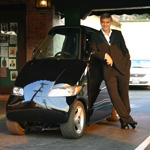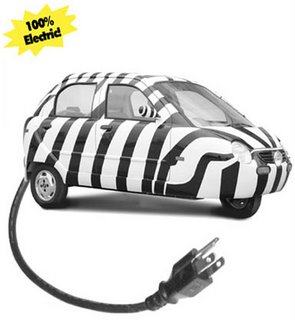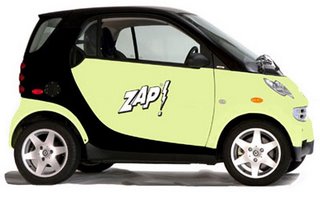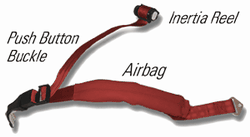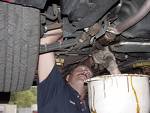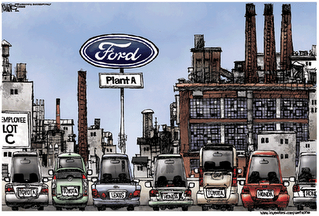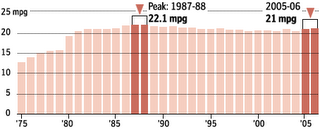
Rumor has it that the new 2008 Dodge Viper will be unveiled in January at the North American International Auto Show in Detroit. Here's some early info and pics...
First, some numbers. The Viper is reported to come with an 8.4 liter V-10 engine that can generate a screaming 600 hp and 560 "foot-pounds" of torque. That's a 117% increase from last year and means that the car will scream its way from 0 to 60 mph in less than 4 seconds. Yeah, this is not your father's Oldsmobile, folks.
An engine that big needs bigger vents to expel the engine heat so the new Viper hood will have six big air intakes. Translation? It looks meaner (as if it needed it).
For enginerring types, word is that the old twin-disc clutch will be replaced by a single disc unit that will transmit power to the road more efficiently (but don't expect to ever get 24 mpg in one of these rockets).
The factory web site doesn't have any '08 model info out yet, but the '07 performance numbers certainly weren't shabby by any means. They never were for a Viper.
All of this begs the question, just how fast do you really need to go? Of course, that doesn't really matter to someone willing to plunk down a cool $100,000 for one of these iron missiles. After all, it isn't about speed (okay, maybe a little bit), it's all about appearance and making a statement. It's been said before: you are what you drive.
Regardless of the quantity or the quality, we can't think of a single model vehicle we haven't handled a lemon model of, including the Viper (you think that could be bad, how about a quarter million dollar Ferrari that Wall Street types are scrapping over?).
If you get a lemon, no matter how much it cost, you may have the right to get all your money back or a new one. So if that new Viper's fangs just suck, give us a call. We can help. We know what lemons are because we had one ... and we know how to squeeze them too.
